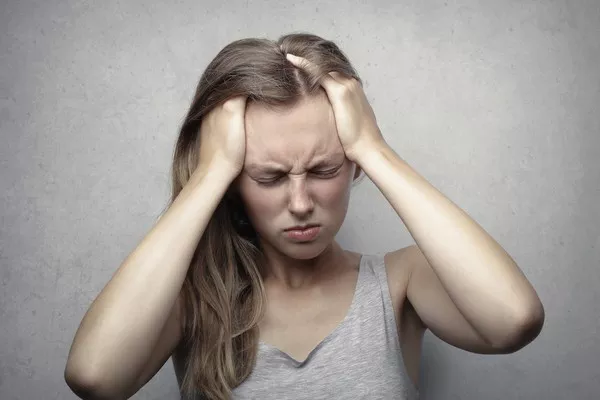Social media has become an integral part of modern life. We use it to connect with friends and family, stay up-to-date on current events, and share our own experiences. However, social media use can also lead to anxiety and stress. In this article, we will explore what social media anxiety is, its causes, and strategies to manage it.
Understanding Social Media Anxiety
Social media anxiety refers to feelings of anxiety and stress caused by social media use. These feelings can manifest in various ways, such as fear of missing out (FOMO), comparing oneself to others, or feeling pressure to present a perfect image of oneself online. These feelings can be particularly problematic for those who use social media frequently or rely on it for their social connections.
Social media anxiety can lead to feelings of isolation and loneliness. While social media can provide a sense of connectedness, it can also make users feel more alone if they don’t have as many followers or likes as others.
Causes of Social Media Anxiety
Social media anxiety can be caused by a variety of factors, including:
- Fear of missing out (FOMO)
The fear of missing out on important updates or events happening in your social circle can cause anxiety.
- Social comparison
Social media can make it easy to compare yourself to others, leading to feelings of inadequacy or inferiority.
- Cyberbullying
Online harassment or bullying can cause significant emotional distress and lead to social media anxiety.
- Information overload
Being bombarded with too much information or being constantly connected to social media can be overwhelming and contribute to anxiety.
- Addiction
A dependence on social media can also contribute to anxiety when it is not accessible or when one feels disconnected from it.
- Personal insecurities
Existing personal insecurities can be exacerbated by social media use and lead to anxiety.
It’s important to remember that social media anxiety is a real issue and seeking support from friends, family, or a mental health professional can be helpful in managing it. It’s also important to practice healthy social media habits, such as setting boundaries and taking breaks when needed.
Strategies to Manage Social Media Anxiety
Fortunately, there are strategies that can help manage social media anxiety:
- Limit Social Media Use
One of the most effective ways to manage social media anxiety is to limit social media use. This can involve setting time limits for social media use or taking regular breaks from social media altogether.
- Practice Mindfulness
Mindfulness can help users become more aware of their thoughts and feelings around social media use. This can involve taking a few deep breaths before logging on to social media, or taking a few minutes to reflect on one’s feelings after using social media.
- Practice Gratitude
Practicing gratitude can help users focus on the positive aspects of their lives, rather than comparing themselves to others online. This can involve keeping a gratitude journal or taking time each day to reflect on the things one is grateful for.
- Seek Social Support
Finally, seeking social support can help users manage social media anxiety. This can involve talking to friends or family members about one’s feelings, or seeking professional help from a therapist or counselor.
In conclusion, social media anxiety is a real issue for many people. It can be caused by fear of missing out, social comparison, and pressure to present a perfect image. Fortunately, there are strategies that can help manage social media anxiety, including limiting social media use, practicing mindfulness, practicing gratitude, and seeking social support. By taking these steps, users can take control of their social media use and reduce the negative impact it has on their mental health.
Related Topics:


























